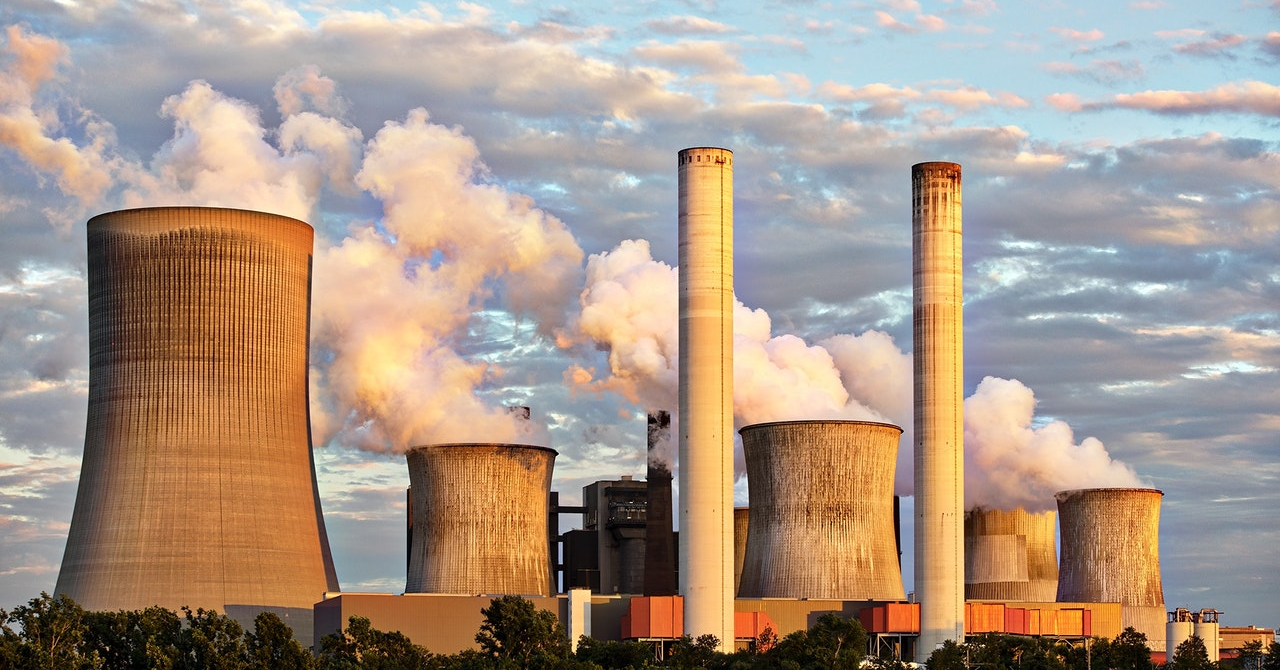The European Commission has develop a plan for the EU Taxonomy. In order to meet the EU’s climate and energy targets for 2030 and reach the objectives of the European green deal, it is vital that the EU will direct investments towards sustainable projects and activities. The current COVID-19 pandemic has reinforced the need to redirect money towards sustainable projects in order to make our economies, businesses and societies – in particular health systems, more resilient against climate and environmental shocks.
The EU taxonomy is a classification system, establishing a list of environmentally sustainable economic activities. It could play an important role helping the EU scale up sustainable investment and implement the European green deal.
But the issue is that the EU wants to classify some natural gas and nuclear power as green investments, a move that may shape the climate ecosystem in Europe. The inclusion is backed by some member states that argue that gas is needed as a bridge to a more sustainable and green future. France is at the forefront of this proposal, as Germany is in the opposition.
Austria's climate minister called the inclusion of gas and nuclear in the draft as a "cloak and dagger operation". Some countries have also threaten to sue the commission over the rules. Experts in climate change argue that the Comisson "have turned its own bid to protect private investors from greenwashing into greenwashing on a grand scale, undermining EU goals and credibility".
The Taxonomy Regulation was published in the Official Journal of the European Union on 22 June 2020 and entered into force on 12 July 2020. It establishes the basis for the EU taxonomy by setting out 4 overarching conditions that an economic activity has to meet in order to qualify as environmentally sustainable.
The Taxonomy Regulation establishes six environmental objectives
1. Climate change mitigation
2. Climate change adaptation
3. The sustainable use and protection of water and marine resources
4. The transition to a circular economy
5. Pollution prevention and control
6. The protection and restoration of biodiversity and ecosystems
On 2 February 2022, the Commission approved in principle a Complementary Climate Delegated Act including, under strict conditions, specific nuclear and gas energy activities in the list of economic activities covered by the EU taxonomy. The criteria for the specific gas and nuclear activities are in line with EU climate and environmental objectives and will help accelerating the shift from solid or liquid fossil fuels, including coal, towards a climate-neutral future.
 Vlad Andriescu
Vlad Andriescu












Any thoughts?